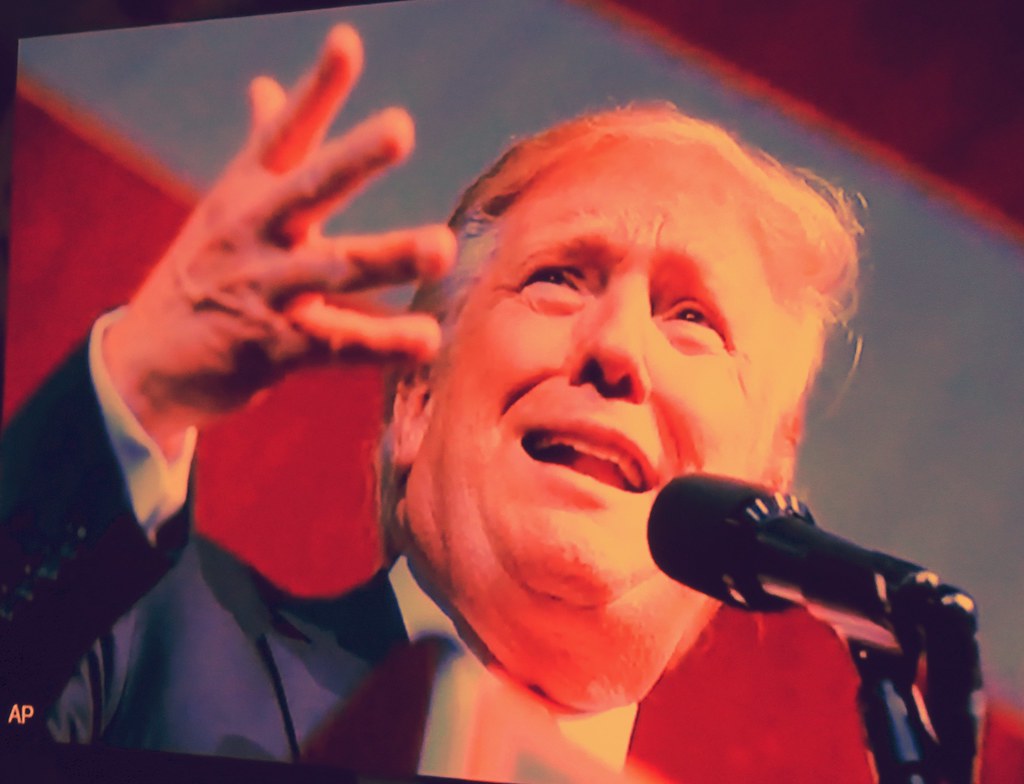Key takeaways
- After Charlie Kirk’s death, top Trump aides say they will investigate leftist groups and nonprofits.
- They accuse these groups of encouraging political violence, but they have offered no proof.
- Major funders like the Open Society Foundations and the Ford Foundation face scrutiny.
- Nonprofits have strong First Amendment protections to speak and lobby.
- Experts warn that targeting nonprofits could weaken free speech and democracy.
After conservative activist Charlie Kirk was killed on September 10, 2025, the Trump administration said it would probe leftist groups and nonprofits for possible links to the suspect. They have yet to provide any evidence. Still, high-ranking officials insist these groups foment political violence. Meanwhile, nonprofits and experts warn that such moves could threaten the rights of all charitable organizations.
What the Trump administration says about nonprofits
The administration’s key figures have made bold claims against nonprofits. Vice President JD Vance said the government will “go after the NGO network that foments, facilitates and engages in violence.” Deputy Chief of Staff Stephen Miller called those groups “a vast domestic terror movement.” President Trump blamed a “radical left group of lunatics” for Kirk’s death and hinted at criminal charges under the RICO law.
However, no public proof ties any nonprofit or their funders to the shooting. In fact, the target list remains unclear. This ambiguity worries many. After all, nonprofits rely on clear rules to stay within the law. They must not incite violence, but they can lobby, advocate and hold public debates.
Which nonprofits face investigation?
So far, conservative media and Trump aides have named a few big targets. They include:
• Open Society Foundations, funded by billionaire George Soros.
• The Ford Foundation, one of the nation’s largest grantmakers.
• The Southern Poverty Law Center, a civil rights group that tracked Kirk’s past remarks.
These groups have denied any wrongdoing. More than 100 funders, including the Ford Foundation, signed a public letter objecting to the attacks. The Open Society Foundations posted messages on social media to reject the claims. The Southern Poverty Law Center did the same on its website.
Most of the accused are charitable nonprofits under Section 501(c)(3) of the tax code. That status lets them run hospitals, universities, social services and even theaters. They also have broad rights to speak on public policy. After all, the First Amendment protects freedom of speech, press, assembly and religion for all charities.
History of government action toward nonprofits
Federal law clearly bars charities from promoting crime or inciting violence. Supreme Court rulings set a high bar to call speech “incitement.” Yet, the executive branch has tried before to limit nonprofits for political reasons. For example, in 2024, GOP lawmakers sought to deregister charities that appeared too political. Their proposal failed before becoming law.
In 1954, Congress passed the Johnson Amendment. It stopped charities from intervening in election campaigns. Ironically, Lyndon B. Johnson introduced it to block conservative groups in his home state. Today, some politicians want to scrap it, claiming it censors free speech.
Meanwhile, the IRS once faced backlash over extra checks on Tea Party groups. Later reviews showed both conservative and liberal groups got similar treatment. Still, the episode left lasting mistrust between nonprofits and the government.
What’s at stake for nonprofits and democracy
Nonprofits thrive on diverse ideas. They form what one Supreme Court justice called the “marketplace of ideas.” This marketplace helps democracy by letting groups debate law, society and public morals. If the government can punish them for speech it dislikes, free debate will suffer.
Moreover, nonprofits fuel social services and arts. They run universities, theaters and hospitals in many communities. They also give voice to minorities and underrepresented groups. Thus, threats against any nonprofits risk harming services and free speech everywhere.
Can we see who funds nonprofits?
Transparency poses a tough question. People want to know who backs nonprofits. At the same time, donor privacy is a protected right. Courts say giving to charity is a free speech act. In 2021, the Supreme Court upheld a nonprofit’s right to hide donors’ names in reports. Foundations can choose whether to list grant recipients.
Still, nonprofits must file an annual form that discloses finances. This balance aims to protect privacy while giving the public a basic view of money flows. Going forward, nonprofits and advocacy groups will watch Trump administration moves closely. They will remind everyone that both right and left charities have firm rights to speak out.
Looking ahead
If the administration presses these investigations without evidence, it risks eroding confidence in law and free speech. At the same time, no one wants real incitement to go unchecked. Finding that balance will test America’s commitment to open debate and the rule of law.
FAQs
What proof supports the Trump administration’s nonprofit investigations?
So far, officials have not released any hard evidence. They have made public statements but offered no documents or witness accounts tying nonprofits to the crime.
How do nonprofits defend free speech rights?
Nonprofits rely on the First Amendment. It protects their right to speak, lobby and assemble. They can debate public policy as long as they don’t directly incite violence.
Why do some donors to nonprofits stay anonymous?
Courts have ruled that donating is a protected form of speech. To shield donors from harassment or backlash, the law lets charities keep donor names private.
What laws guard nonprofits against political bias?
The Johnson Amendment bars charities from direct political campaign involvement. Yet, it still allows them to advocate on issues. Additionally, Supreme Court rulings make it hard to label speech as “incitement to violence.”
